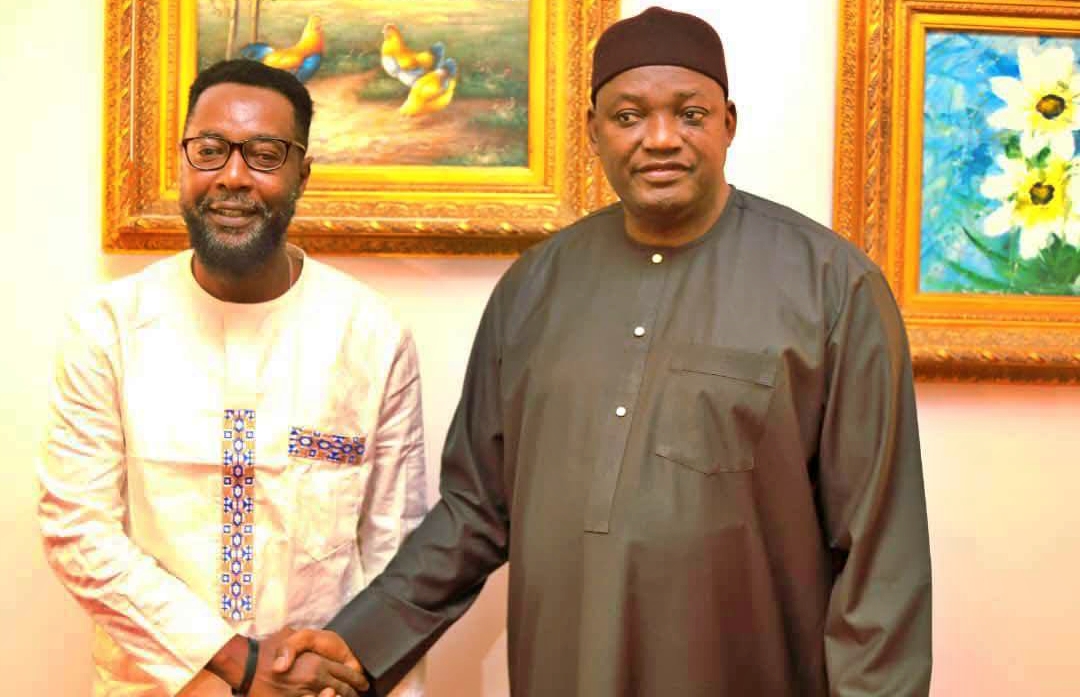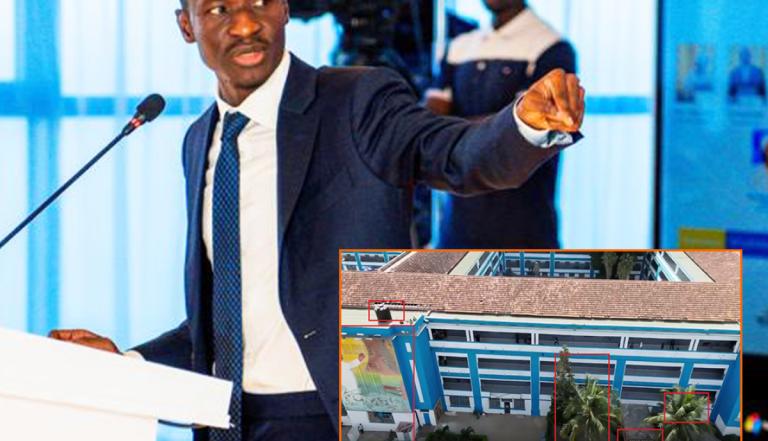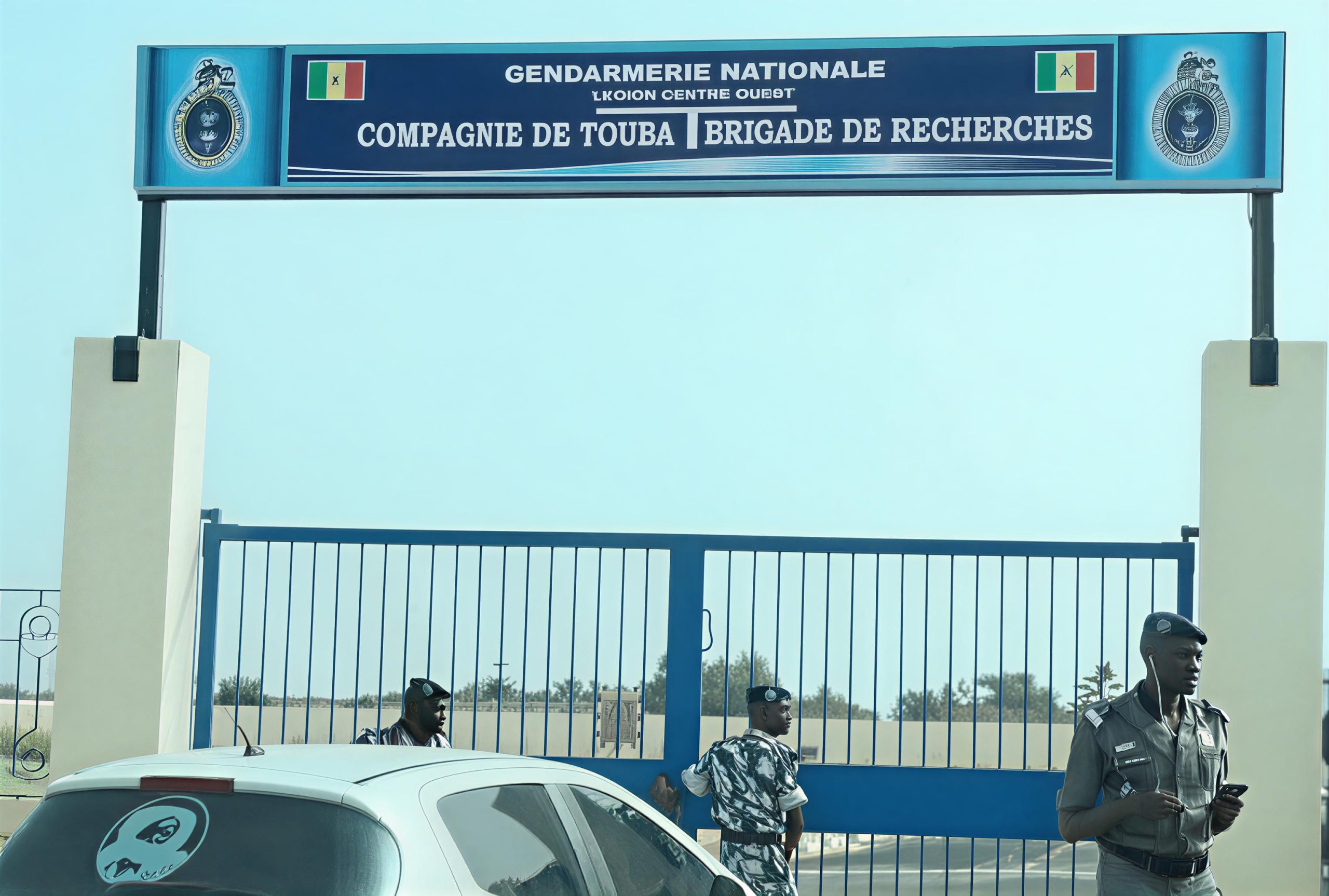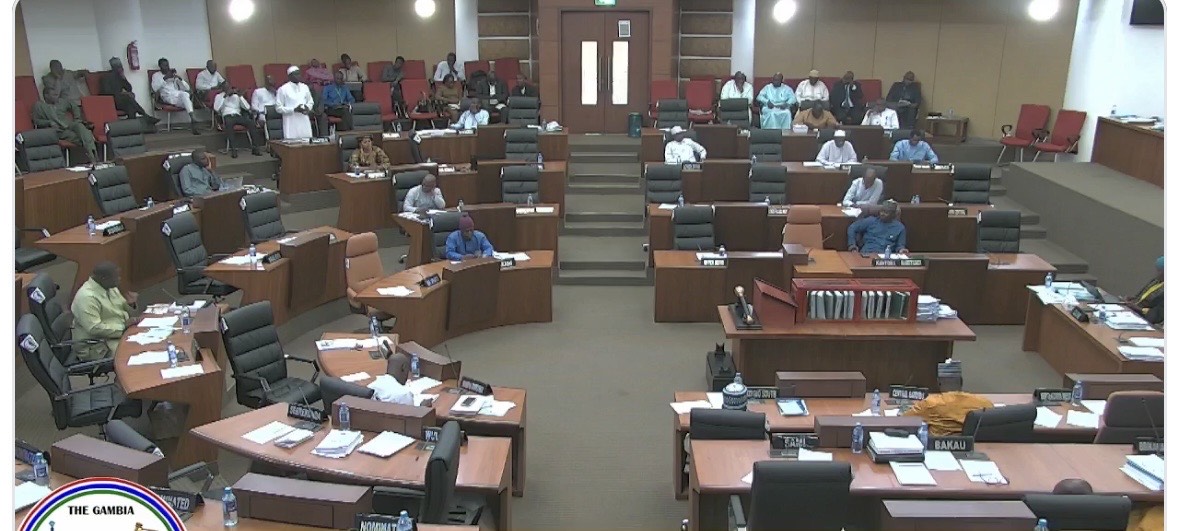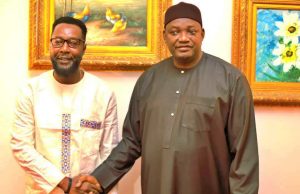Gambiaj.com – (BANJUL, The Gambia) – Heated exchanges dominated Wednesday’s National Assembly session as lawmakers scrutinised the 2026 Estimates of Revenue and Expenditure, sharply criticising what they described as misplaced priorities in government spending.
The debate reached a peak when members questioned the allocation of D52 million for a 21-day presidential tour, noting that the amount rivals or exceeds annual budgets for entire ministries. “Is it realistic for a tour to get D52 million for just 21 days, while youth and sports sectors struggle with next to nothing?” one NAM asked, highlighting that the Ministry of Youth and Sports’ development budget stands at only D6.5 million.
Lawmakers also raised concerns about the Ministry of Basic and Secondary Education, citing inadequate funding for classrooms, water supply, and toilet facilities. “Government cannot even allocate D1 million to build classrooms, yet D52 million goes to a tour. Our schools rely on external donors like MRC Holland,” a member said. Several NAMs noted that children in some schools operate in “unbearable” conditions with broken toilets and no clean water.
The session also brought attention to the programme-based budgeting framework, intended to link spending to measurable outcomes. Members argued that the 2026 budget contradicts this principle, citing underfunding in ministries such as Defence and Interior. For instance, the Ministry of Defence requested D26 million for uniforms and protective equipment but received only D6 million, leaving critical targets unmet.
National Assembly further questioned the drastic drop in non-tax revenue, from D7.5 billion in 2025 to about D2 billion in 2026, urging the Ministry of Finance to strengthen collections from GSM operators and other revenue-generating sectors. Suspicion also arose over the sharp increase in the agriculture budget to D1.7 billion, with some members describing it as an “election budget” designed to release cash before the warrants are issued.
Several NAMs expressed frustration that committees are being forced to recommend augmentations for essential items such as school feeding, examination fees, boreholes, and classroom construction, expenditures they argued should have been prioritised by the executive. “Minister of Finance never has a problem. The President’s Office never has a problem. But critical sectors suffer while election priorities take precedence,” one lawmaker said.
The Assembly also addressed embassy allocations, including confusion between Doha and Qatar Embassy, and a missing D1.5 million gap, which members urged the Minister to restore.
As the session concluded, the overarching message was clear: lawmakers demand government spending that reflects national priorities and addresses the needs of citizens, rather than focusing on high-cost tours and politically motivated allocations.




